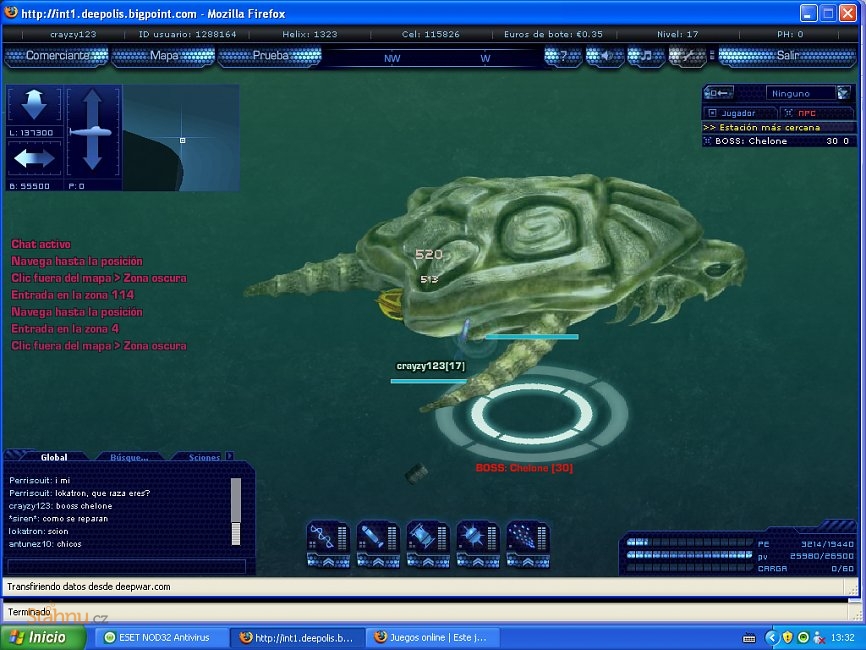
Deepolis Torgovaya Karta
World War IIEdit. On May 16, 1944, Kulakov was posthumously made a Hero of the Soviet Union for his outstanding performance in the Kerch–Eltigen Operation, along with a captain and a sergeant-major of his division who were also killed during its course. 喜欢: Deepolis Torgovaya Karta U8BJRI 版权提醒 本站 不存储任何资源内容 ,只收集BT种子元数据(例如文件名和文件大小)和磁力链接(BT种子标识符),并提供查询服务,是一个 完全合法 的搜索引擎系统。.
Contents • • • • • Early years [ ] Pallikarides was born in,, one of five children of Miltiades and Aphrodite Pallikarides. He studied at the Greek High School of where, at age 15, he participated in his school's boycott of the coronation of in June 1953.
[ ] Due to celebrations in honor of Queen Elizabeth II's coronation, the British raised the at all schools throughout Cyprus. Paphos was the only town where celebrations were not held because Pallikarides had deliberately taken down the British flag from the Paphos Gymnasium Gym propylaea (entrance) and knew full well what the consequences of such an act would be. He carried on his resistance with other secondary school pupils by forcibly bending during the night all British flag bearing iron posts along the main street entrance to Paphos as well as with demonstrations. [ ] EOKA [ ] When began the struggle against the British authorities in 1955, Pallikarides took part in several anti-British demonstrations and joined EOKA when he was 17 years old.
In November 1955 on his way to school he saw two British soldiers mercilessly beating a friend who had been arrested and tied to an electricity pole because he refused to say who lowered the British flag during the previous night in the grounds of the Paphos Hospital. Pallikarides assaulted, struck the two British soldiers and freeing his friend escaped the scene. He was arrested himself later on the same day and sent for trial at the Paphos District Court on alleged charges of rioting. Pallikarides denied the charges and was ordered to reappear for trial on 6 December 1956. Anticipating imprisonment in the special concentration camps set up by the British for mere suspects, he decided to take to the mountains, where he joined one of the many EOKA guerrilla groups that operated throughout Cyprus. [ ] Over the next year, Pallikarides participated in several guerrilla operations. Meanwhile, a reward of 5,000 pounds was put on his head by the British Army.
[ ] Pallikarides was arrested on 18 December 1956 because he was caught red-handed with his guns loaded on a donkey. The police had privately reported that he had murdered a man, considered to be a British collaborator by EOKA, although there was no evidence for this claim of murder. 'I know you will sentence me to death, but whatever I did, I did as a Cypriot who wants his liberty' Evagoras Pallikarides, speaking during his trial where he was sentenced to death for the possession of a non working firearm Trial and hanging [ ] At his trial Pallikarides did not deny possession of the weapon. He said he did what he had to do as a Greek Cypriot seeking his freedom. He was sentenced to death by hanging for firearms possession on 27 February 1957. Pallikarides was hanged on 14 March 1957, at the age of 19. A propaganda leaflet was published after the hanging with a fabricated description of how he had murdered a traitor.
The lawfulness of his execution has been subsequently questioned in light of the fact that the weapon held by Pallikarides at the time was not functional. In his book Human Rights and the End of Empire, claims that the real reason for his execution was that the authorities believed, but were unable to prove, that he had earlier murdered an elderly individual who was a suspected collaborator with the British authorities. He was buried at the in the. Poetry [ ] Pallikarides is also known for the poetic legacy he left behind. Most of his poems have the theme of either nature or the struggle for freedom. A number of his poems have been set to music.
The most prominent example is the poem that Pallikarides left behind for his classmates before joining EOKA. Radmin license file.
Golu Devta, Chhana, Gagas Golu Devta or Lord Golu (: गोरिल देवता) is the legendary God of the and eastern region of state of and is their (predominantly Kumaon). In eastern Garhwal, he is worshipped as Goril Devta. The Chitai Golu Devta temple is the most celebrated temple dedicated to the deity and is about 4 km (2.5 mi) from the main gate of Binsar wildlife sanctuary & about 10 km (6.2 mi) from. Golu dev used to travel far distances on his horse and used to meet people of his kingdom, Golu Darbar used to take place and Golu Dev used to hear the problems of the people and help them in any way possible, he had a special place for people in his heart and he was always ready to help them, due to his complete dedication to people, he led a very simple life and lived his life on the principles of brahmacharya. Golu dev still meet with his people and in many villages the practice of Golu darbar is still prevalent, where Golu dev appear in front of people and listen to their problem and help people in every way possible, the most common form of Golu Dev Darbar these days is Jagar. Golu Dev always had a special place for his White horse in his heart, he still do love his horse.